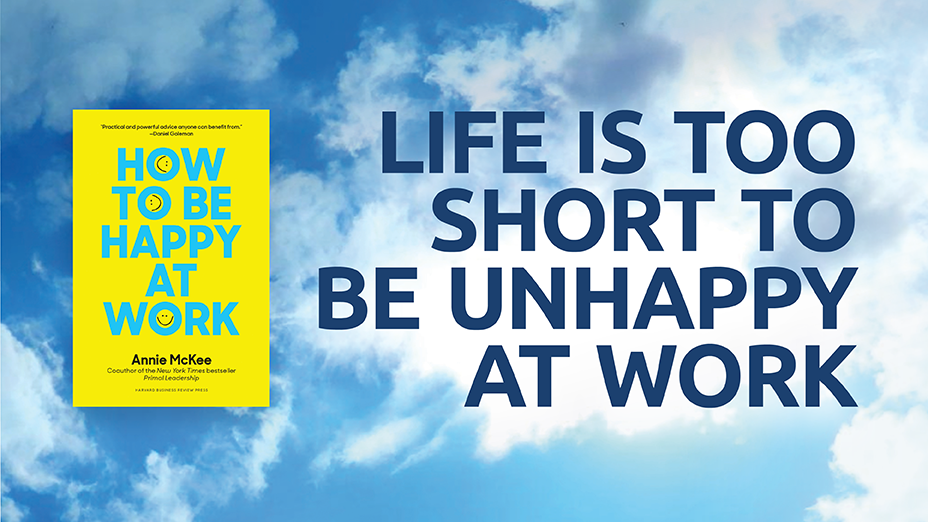As a CEO, I spend a lot of time thinking about how to recruit and retain talent and how to create a work environment that maximizes productivity. New America is a non-profit, but we depend on the quality and quantity of research, great ideas, good writing, and effective advocacy that our employees engage in to attract grants and donations. And as someone who has spent the last three years reading studies on work and family stress (56% of American women and 50% of American men report that it is somewhat or very difficult to balance work and family) and trying to figure out why American companies are losing so much of their top talent as women leave or drop off the leadership track, I have developed a new approach to thinking about and addressing these issues. That is the subject of my new book, Unfinished Business: Women, Men, Work, Family. But here are three of the items on what I have come to think of as a CEO Checklist of solutions.
Stop talking about “women” and start talking about “parents,” or better yet, “caregivers.”
Stop talking about “women” and start talking about “parents,” or better yet, “caregivers.”
Employees are happier, more productive, and far more loyal if you make it possible for them to make room for care – self-care, care for family members, or volunteering in their community. Stop seeing care issues through the lens of working mothers and crafting policies aimed at women. Instead, think about the full range of caregiving obligations that employees face: care for children, for aging parents, for ill or disabled family members. If a loved one needs you, it is very hard to focus effectively on work. But if you can attend to those needs when they arise, you will work that much harder and better when you get back to work. And team members can cover for you in the interim, knowing that you will do the same for them.
In 2014 I gave a foreign policy speech at a big annual forum for the top management of PIMCO, one of the world’s largest investment management firms. The organizer asked if I could give a second speech on work and family. I agreed and was pleasantly surprised to find myself talking not to a group called “PIMCO Women,” but to “PIMCO Parents.” The audi¬ence of more than fifty people was at least one-third men. These name changes may seem small, but it is a big step in the direction of ensuring that family responsibilities are the province of all fam¬ily members.
Women who are caregivers will love you, but so will a growing number of fathers. Studies at both Harvard Business School and the Wharton School – two highly competitive schools that attract a disproportionate number of alpha males to begin with – show that a third to a half of millennial men expect to split childcare responsibilities fifty-fifty with their partners. Their fortunes may depend on it; women are increasingly out-performing men at all educational levels, with the result that many women are now earning bigger starting salaries than their husbands. And in male same-sex couples it will be one or both men who are caring for children.
Mark Weinberger, CEO of EY (formerly Ernst & Young), has a great catchphrase for this shift. In his words, “Women don’t want to be singled out; men don’t want to be left out.” Exactly. So stop seeing care as a women’s issue.
Customize career plans for your employees—one size won’t fit all.
I wrote on CNN recently about “flexibility stigma” – how companies that have great flexibility policies on paper immediately penalize the employees who take advantage of those policies, both women and especially men. The mommy (or daddy) track is the opposite of the leadership track, but why? Working part-time or flexibly or even taking some time out and coming back will understandably put you on a slower track for promotion, but why should it take you off the track entirely? Because the deep assumption in the American workplace is that the fast track is the only track. Up or out. Change that mindset. If someone you thought was on leadership track slows down to work part-time or on a more flexible schedule due to caregiving responsibilities, assume that his or her ambitions have not changed. Initiate a conversation to find out. Talk about this period as an “investment interval” valuable for family reasons and for acquiring different skills and experiences. Plan together for ramping back up when she or he is ready.
Accounting firms, both big and small, have been particularly innovative. Deloitte, for example, has a program of “mass career custom¬ization” for all employees, based on a book of that name co-authored by Deloitte vice chairman Cathleen Benko and Anne Cicero Weisberg. If even the most intense workplaces made it more possible for employees to adjust their own rhythms, indi¬vidual bonuses might go down, but the quality of life and em¬ployee retention would go up.
Working Less Often Means Working Better.
Stop seeing care as a women’s issue.
“Time macho,” as I like to call it, is the relentless competition to work harder, stay later, pull more all-nighters, travel around the world and bill the extra hours the international dateline affords you.
But we actually have a growing body of data in support of the proposition that working less means working better. This relationship between working better and working less holds particularly true in any job requiring creativity, the well¬spring of innovation. Experts on creativity emphasize the value of nonlinear thinking and cultivated randomness, from long walks to looking at your environment in ways you never have before. Making time for play, as well as designated downtime, has also been found to boost creativity. Experts suggest we should change the rhythm of our workdays to include periods in which we are simply letting our minds run wherever they want to go. Without play, we might never be able to make the unexpected connections that are the essence of insight.
I know first-hand that many jobs have crises or deadlines where round-the-clock presence really is necessary to get the job done, where being there and doing your best really does matter. But I also know that those times can alternate with times where you leave early, take a vacation, spend an unexpected day doing something fun with your kids. A leader should want all her employees to be doing the very best job they can. That means alternating rhythms and understanding that less is often more.
A full CEO checklist should also include recruiting from the enormous pool of “phase three” talent like women who have taken time out or worked part-time while caregiving who are now more than ready to come roaring back into the workplace. Adopting the “tour of duty” model from Reid Hoffman, Ben Casnocha, and Chris Yeh’s The Alliance: Managing Talent in the Networked Age , instituting OpenWork, and a number of other approaches that I describe in Unfinished Business. I’ll be writing about some of those in future posts here. In the meantime, circulate this list in your workplace and ask your colleagues what else your CEO should know! Then find a way to start the conversation. Remember, work, family, productivity and profits is not either/or. It’s both/and.





.png)



What Did You Think?